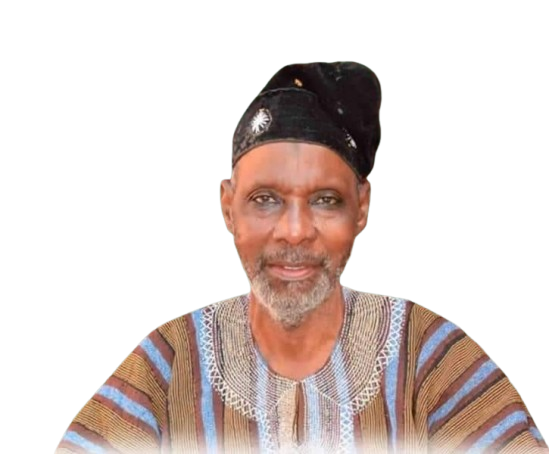KUMBUNGU DISTRICT ASSEMBLY

Kumbungu District is one of the newly created districts carved out of the then Tolon/Kumbungu District with Legislative Instrument (L. I) 2062 of 2011. It was inaugurated on the 28th June, 2012 with Kumbungu as its capital.
The District is located in the northern flank of the Northern region and covers a land mass of approximately 1,599 km sq.
The District shares boundaries to the North with Mamprugu/Moagduri district, Tolon and North Gonja districts to the West, Sagnarigu District to the South and Savelugu Municipal to the East.
The district is made up of 115 communities with 24 electoral areas (EAs), One (1) Town council (TC) and Five (5) Area councils (AC). These include; Gupanerigu, Gbullung, Zangbalung, Dalun and Voggu Area councils and the Kumbungu town council being the administrative capital
HON. IMORO YAKUBU KAKPAGU - DCE